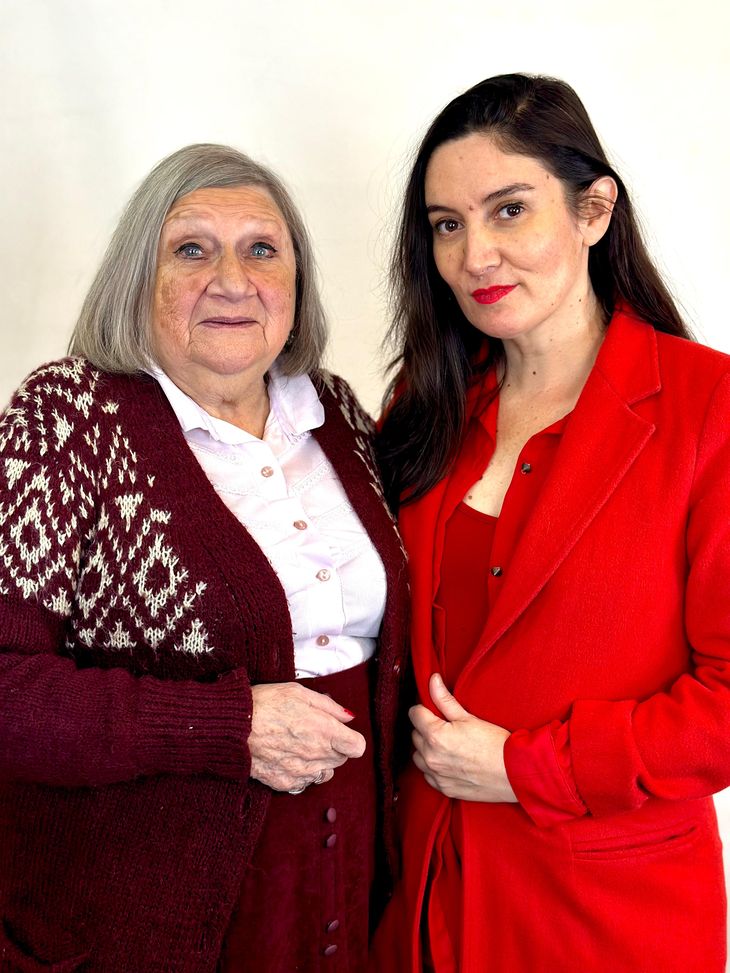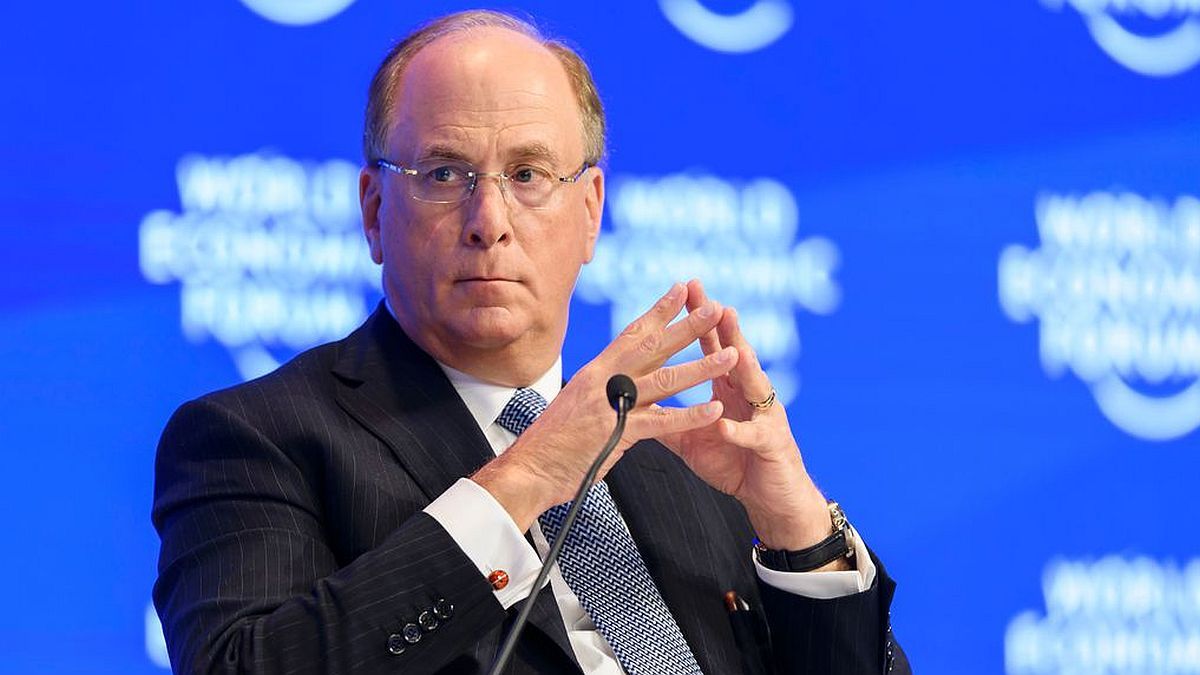“In those last days, the sick mother and her daughter are affected by a reality that overwhelms them and a love that sustains them.”says Mariela Asensio, author and actress of “The psychic body”, which stars along with Cristina Maresca and is directed by Paola Luttini. It debuts on Thursday, August 8th on El Extranjero, and tells the love story between a mother and a daughter. The daily life crossed by illness, the question of productivity in a successful world and the human as a limit. We talked with Asensio and Maresca.
Journalist: How did the theme of the mother, the daughter and the sick body come about?
Mariela Asensio: My mother was ill for many years, she died recently and I was very close to her. It made me reflect, first of all, on what happens when the body gets sick in a world where everything is about production, what happens to that body that needs things that are not in the realm of production. I questioned my existence, my way of connecting with the world and specifically with my mother who changed her world, her priorities, her way of perceiving. And a world not interested in the fragile, only seeking to be well at any cost. That connects us with a dangerous mental state, we have to be able to connect with pain, with vulnerability, otherwise we are happy zombies. I write up to my knees in mud, I don’t write answers but rather questions.
Q: What are this mother and daughter like?
Cristina Maresca: There is a loving relationship, there is a caress, and when that moment arrives, things are said that were never said before, maybe other things were said but never expressed as much as in those moments. The daughter’s protection of that sick mother appears. And that mother who knows what is coming, throws everything at her.
MA: Existence itself forces this mother and daughter to connect with pain, empathy, anger, what happens when the body gets sick, what we do with anger, with the system, with health insurance, authorizations, medical appointments. It is not a romanticized or dramatized vision, it is human. We are in a world where capitalism has turned into something informational, very technological and everything is unlimited. The body has a limit and we are less and less connected to that, we become machines and the world tends to that, thinking about that from the scene seemed interesting to me.
MARESCA – ASENSIO 2.jpeg
Maresca and Asensio, mother and daughter in fiction.
Q: What else do you think about work and productivity?
MA: If we continue to naturalize productivity as a way of life and that we have to do successful things all the time and that they work, we are going wrong. This ridiculous positivism that we have to be healthy all the time, well, this crazy thing, not being able to connect with negativity and pain is harmful to health. There is something about it that makes us sick, it is not for nothing that mental health is very deteriorated in the social sphere, because we cannot process emotions. We are in a system that has installed unlimited production, nothing is enough.
CM: Maria Elena Walsh said, “In my time there was time,” and time is a whirlwind, producing, so the body goes unnoticed, it is one more fatigue to produce. When something happens like an illness, everything stops.
Q: How is this mother different from the others you played?
CM: At my age, I am always a mother, a grandmother, an aunt. All mothers have something, they are irreplaceable. From the mother at the funeral who was a terrible mother but who had love deep down, to this one who is in her final days.
Q: What is it like working with Cristina Maresca?
MA: I can’t ignore the fact that I lost my mother two months ago and working with Cristina is a plus, it’s a small relief that she plays my mother. We come from different worlds but we are very close. We have fun, we take care of each other, we are happy.
Q: What about networks and theatre?
MA: I feel like people who go to the theater don’t follow me on Instagram, they go to the theater. It would be absurd to deny the importance of social media, but I have a toxic relationship, I can’t stand it, I hate having to be there, but I try to capitalize on the space. There were times when I demanded that I generate content, other times I said I’m not doing it anymore, and I came to the conclusion that I’m doing it as best I can. You can’t write, rehearse, it’s hard to pay attention to social media when you’re dedicated to something. Many people channeled their work on social media, but that’s not my case. I write plays, I teach classes, I direct, I can’t dedicate time to it. I have pending books, time is the least of it and it’s not bad to think about where you want to put it, because social media steals a lot of your time. I know there are colleagues who grew up being on social media, but you have to decide where and how to grow.
CM: I manage as best I can, at my age I have Facebook, Instagram, I upload stories under stories but you have to keep up to date. I manage in a brief and slow way, you have to adapt and if not you have to sit on an armchair and wait for life to pass you by.
Q: What is it like to do independent theatre today?
MA: Doing independent theatre is a catastrophe now because of this situation, it is not easy to sustain anything, everything related to cultural assets is difficult, they want to wipe us out in one fell swoop. It was never easy, it was always an adventure but today the situation has a lot to do with emotions.
CM: We must be grateful to those who come to see us, we must always keep going, we must continue, it is life, and theatre is part of this life.
Source: Ambito
I am an author and journalist who has worked in the entertainment industry for over a decade. I currently work as a news editor at a major news website, and my focus is on covering the latest trends in entertainment. I also write occasional pieces for other outlets, and have authored two books about the entertainment industry.




